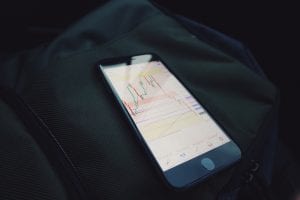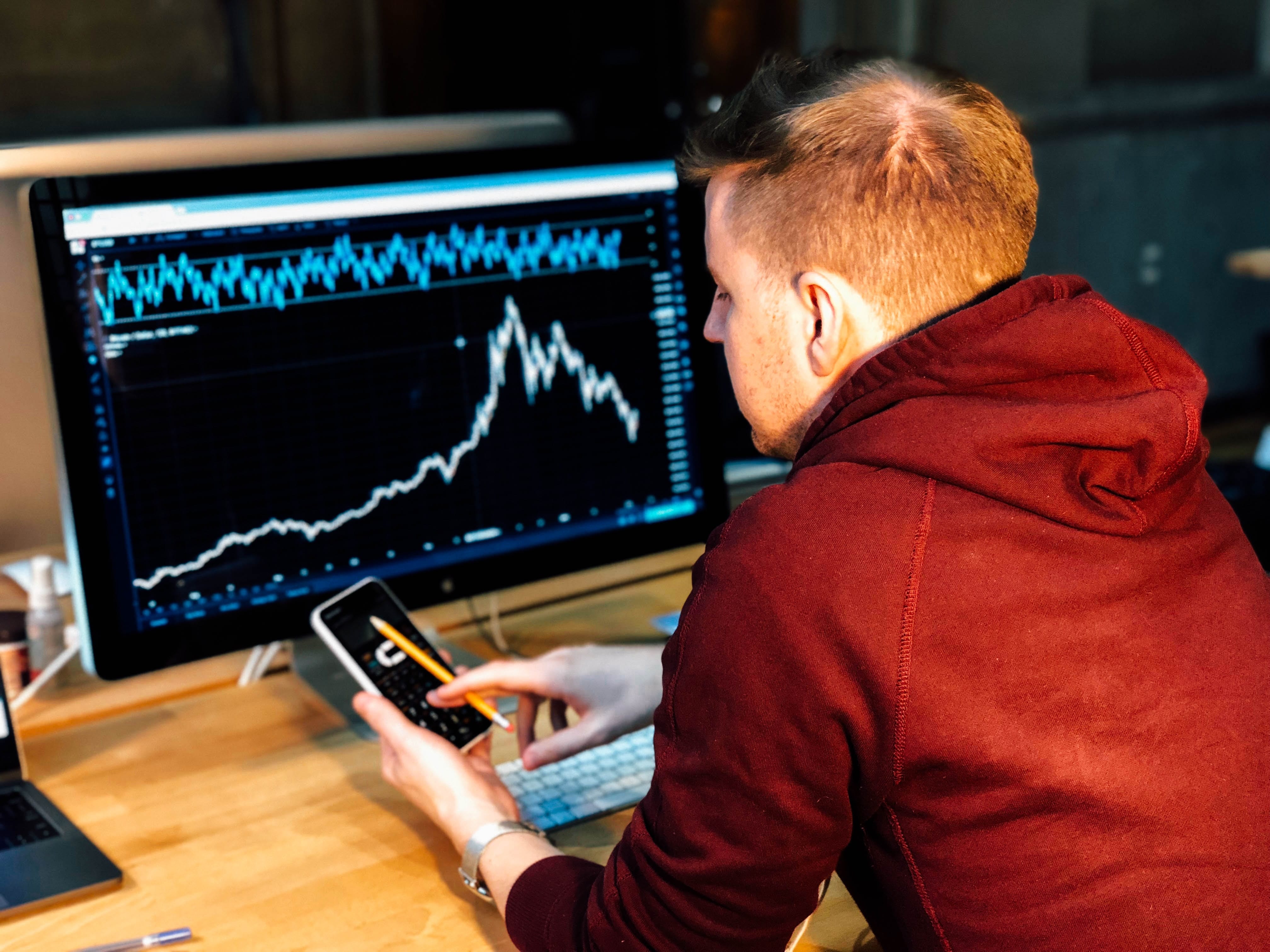Regulation tells you that the online brokerage firm you trade with fulfills all the requirements needed for trust.
The Forex market is the largest, most liquid market in the global economy. As such, governments around the world can have a hard time imposing regulation on FX trading. Before you put money in your account, it’s good to learn a thing or two about the regulation of Forex brokers.
Often, unregulated brokers are much better at luring traders than legit ones. A shrewd trader must be on the lookout for scams that are devised to steal their money. The government can only do so much to protect you. Because of that, Forex regulation seems to be a problem that is yet to be fully resolved.
What Does Forex Regulation Look Like?
Compared to centralized markets, the decentralized nature of the Forex market makes it hard to regulate. There have been many frauds and scams related to Forex trading. But, regulators are tightening their grip on Forex brokers and banks, so that is about to change.
Those are typically the same institutions that supervise banks and other financial institutions. However, the problem is that regulators can only impose regulations domestically. Because of that, dodgy Forex players may get away with unscrupulous practices. It is also worth noting that some of them may take part in currency manipulation.

Regulatory Entities
As a general rule, every developed country has a regulatory agency that oversees Forex brokers and trading. But, financial regulation is not the same everywhere. It’s best to trade with regulated brokers in the European Union, UK, U.S., Australia, and other highly developed countries.
EU and UK
The European Union has a universal regulator that is tasked with ensuring that regulatory requirements for brokers in every EU member state are up to par. That’s the Markets in Financial Instruments Directive (MiFID). Traders should be able to safely invest with any Forex broker that’s registered in a European Union member state.
This also goes for the UK as it is still an EU member state. However, the country has their own autonomous regulator for Forex brokers that is known as the Financial Conduct Authority (FCA).
The U.S.
The U.S. has two regulatory bodies for Forex trading. One is the National Futures Association (NFA) and the other is the Commodity Futures Trading Commission (CFTC). The NFA helps protect investors. They also fight scams, frauds, and make sure members carry out their responsibilities. The CFTC ensures the reliability and quality of Forex firms and fights systemic risks.
A Lesson in Forex Regulation: CTFC vs JAFX
Back in 2018, the CFTC had alleged that JAFX offered Forex services to US customers as an unregistered exchange trader and filed a suit against them. JAFX, an offshore company, is not regulated in the U.S. The broker did indeed operate in the United States. The company acknowledged their unlawful practices. Brokers like JAFX are able to offer lower fees because they are an offshore company. Their lower fees had lured traders, but many rushed to withdraw their funds once the suit was announced.
What does Regulation Mean for Brokers?
As indicated, there’s no single regulatory body. The safest and most professional brokers are the ones that voluntarily apply to be strictly supervised. If they are not complying with domestic guidelines, regulators may use enforcement powers–regulatory, civil, and criminal. They serve to protect traders against ‘misbehaving’ brokers.
Regulated brokers need to be transparent. Every regulated broker should show their license number on their site. Regulation has the same effect on Introducing Brokers. IBs deal with auction markets. They assign the execution of trades and floor operations to other future merchants.
Protection for Traders
The only way for a trader to ensure peace of mind is by trading with a fully regulated Forex broker. When a trader does business with a legit, regulated broker, they can rest assured the broker will treat them fairly. Traders can withdraw their money without any worry or hassle.
By checking if the broker is regulated, people don’t have to worry about whether the broker will tweak their platform to steal their investments.
As a trader, the last thing you need is a broker that will go to great lengths in arguing with you about what happened and why it happened, rather than hand you your money.
Sketchy, unregulated brokers are known to make up ridiculous reasons for not giving you your money. If someone suggests an unregulated broker to you, you should disregard them immediately.
You can never know whether they’ll suddenly shut down their operation and run away with your funds. As they are unregulated, they don’t have to let you withdraw your money in order to be able to operate. And, the worst part is, you can’t do anything about it. So, the best way to protect yourself is by sticking to a regulated broker.
But, a regulated broker isn’t necessarily a good broker. There are some bad apples out there. Luckily, that’s more of an exception than a rule. When choosing a Forex broker, always check their credibility. As far as trading with regulated brokers goes, the benefits are unquestionable.
How Does Regulation Affect Trading Strategies?
Forex brokers are often also Strategy Providers. It’s often an account feature for which you have to pay. So, why does regulation matter here? For the same reasons– you need to make sure you’re not putting your investment at risk before you pay for any service provided by Forex brokers. If you are a trading novice, it’s best to do your own research. Here are some part-time trading strategies you can look into:
- Price Action Trading
- Trend Trading
- Stop-Loss Orders
Conclusion
There’s no doubt that regulation is very important in Forex Trading. Regulation tells you that the online brokerage firm you trade with fulfills all the requirements needed for trust. Even though trading with unregulated brokers is possible and easily accessible, it involves risks that you can easily avoid.


Join the conversation!